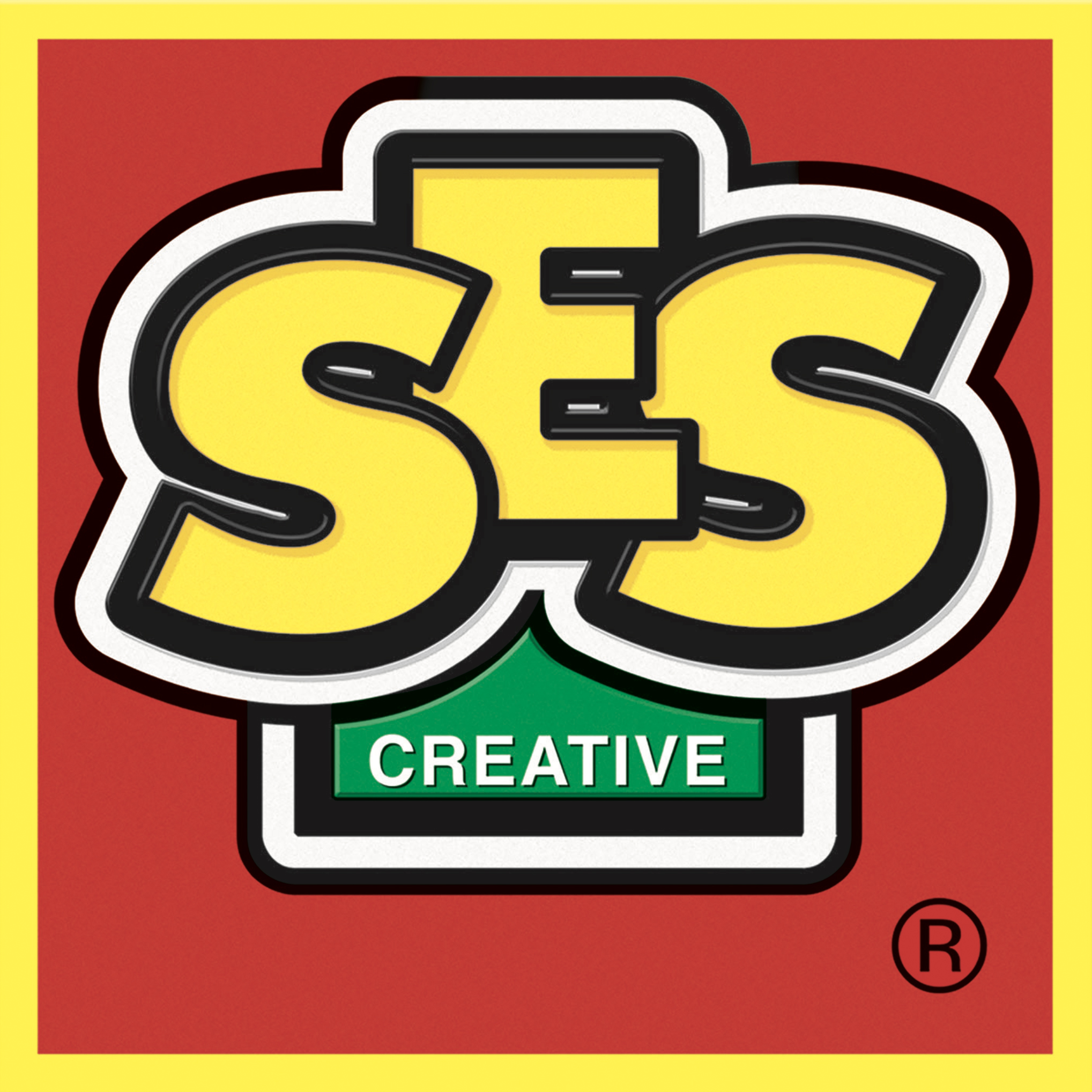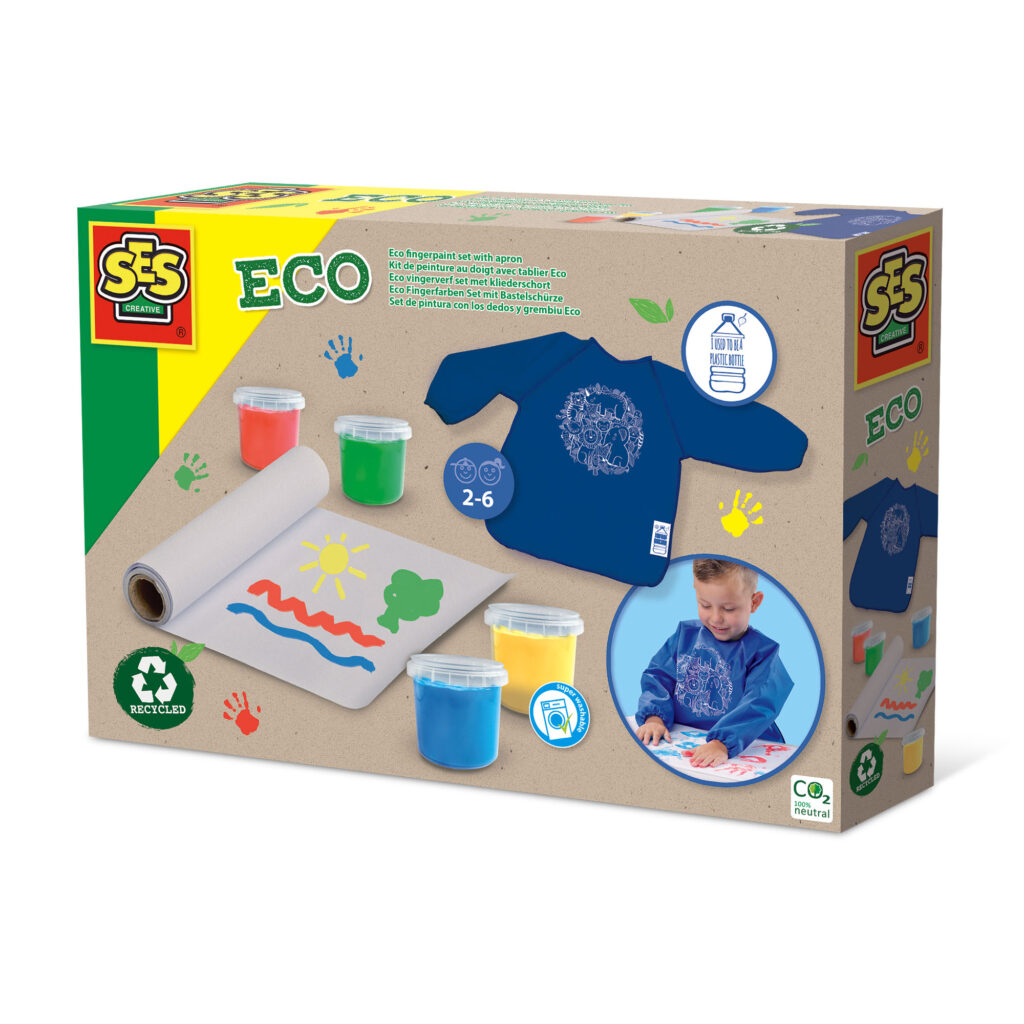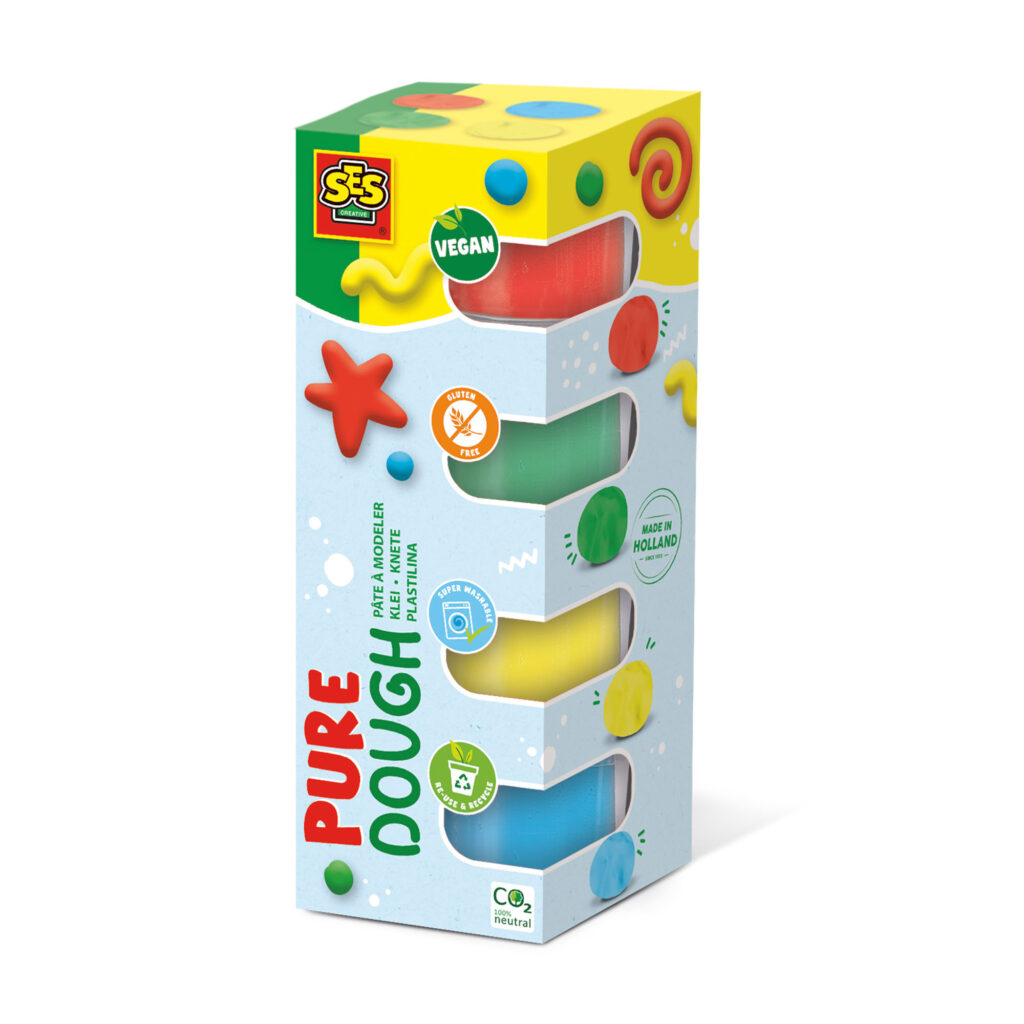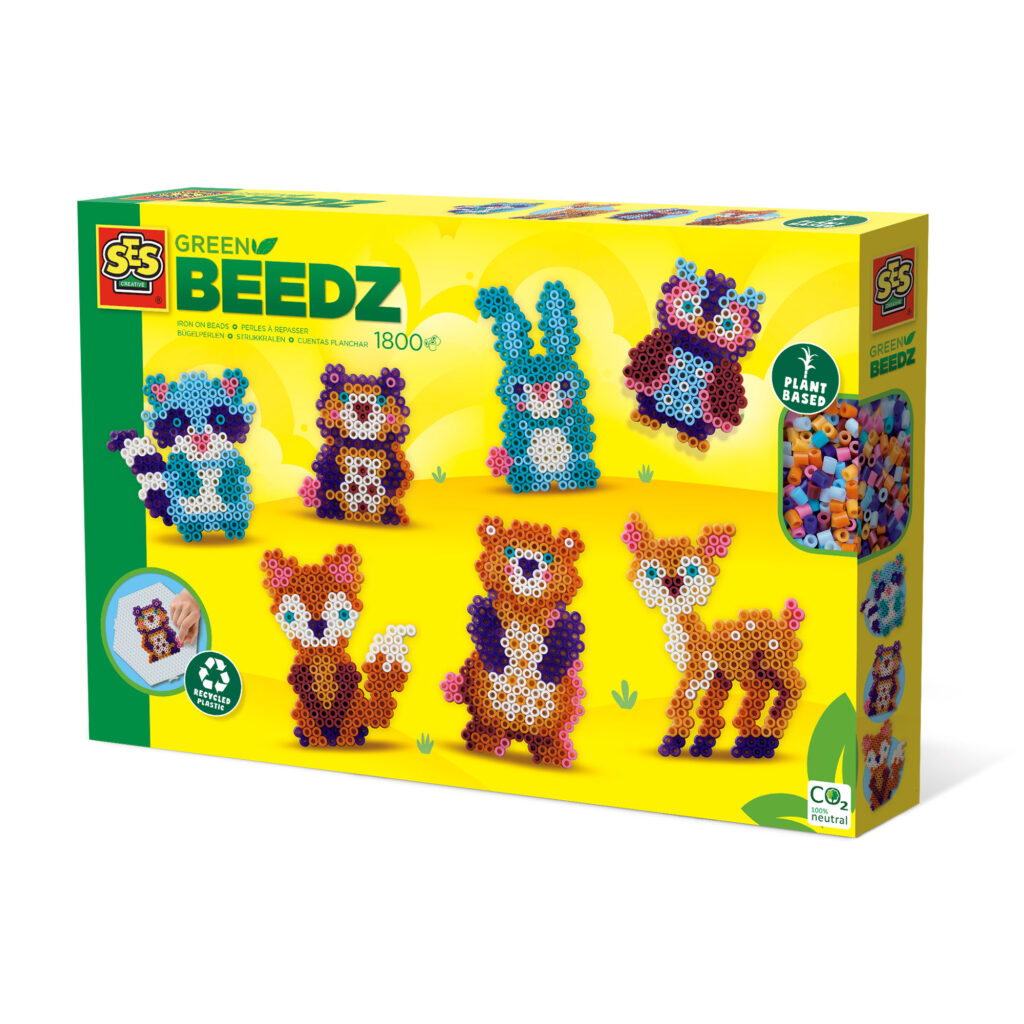Corporate Social Responsibility at SES
At our company, Corporate Social Responsibility (CSR) is highly prioritized. We strive to contribute to a sustainable future by making conscious decisions regarding waste management, energy use, raw materials, and care for our employees.
Waste
Our waste management focuses on maximum reuse and recycling. Wastewater is treated in special settling tanks to remove harmful substances before being discharged. Boxes are reused as packing material, reducing waste. Additionally, we carefully separate our waste: plastic, cardboard, residual waste, toners, paint sludge, and archive documents are sent to specialized processing companies. These companies ensure that as many materials as possible are reused or disposed of responsibly.
Energy
We use district heating and electricity to heat our buildings. Our newly built logistics hall is equipped with underfloor heating, providing more efficient and even heating. Additionally, we use 99% LED lighting, which consumes significantly less energy than traditional lighting. Our lighting is sensor-controlled, so lights are only on when needed. Every room, including the production departments, has its own temperature control to minimize energy waste.
Raw Materials
Sustainability is also a core value in our choice of raw materials. We use as many sustainable materials of European origin as possible. Our eco-products are made from eco-friendly raw materials. Our folding boxes consist of 95% recycled paper and cardboard. We minimize the use of plastic in our packaging, and the plastic we do use is recycled. Additionally, our new Green BEEDZ ironing beads are made from bio-plastics derived from sugarcane, and our Green BEEDZ ironing bead boards are made from recycled plastic from the interiors of old refrigerators. We also create new cookie cutters from our own recycled plastic for our clay. We constantly strive to reduce material waste and improve transport efficiency through smart loading methods. Collaborating with charities for toys is also an important aspect of our mission.
Our People
Our employees are the heart of our company. We are a recognized training company and provide work placements and guidance for people with a distance to the labour market. Moreover, we offer free fresh fruit daily to all our employees because we believe in the importance of health and well-being in the workplace.
With these measures, we demonstrate our commitment to a better world. We continuously strive to reduce our ecological footprint and fulfil our social responsibility.
CO2 Emission Compensation
At SES, like any other company, we consume energy to produce our toys, manage our buildings, and deal with our employees’ business trips.
Our goal is to reduce our carbon footprint further each year by gradually implementing smart innovations and optimizing our production, logistics, and other business processes.
What is CO2?
CO2 is a harmless gas that naturally occurs in our atmosphere. We need it to warm the Earth. CO2 is stored in fossil fuels (oil, coal, natural gas) and is released when these are burned. The more CO2 released, the more the Earth warms—this is known as the greenhouse effect.
What is CO2 compensation?
CO2 emissions are a major cause of climate change. Nature plays a crucial role in combating climate change. Trees absorb CO2 from the air. CO2 consists of carbon (C) and oxygen (O2). Trees release the oxygen back into the air and store the carbon. Trees absorb CO2 mainly as they grow. The carbon they store during their growth remains in the tree. When the wood is burned or decays, the carbon is released back into the air as CO2. By protecting forests and preventing deforestation, the stored carbon remains in the trees, thereby compensating for CO2.
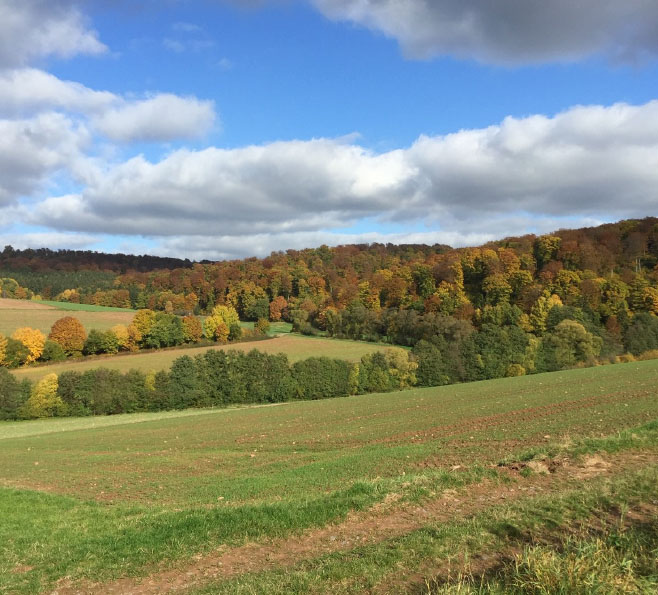
We have currently purchased several endangered or neglected forests in central Germany, which we improve and manage naturally. This forest management also contributes to jobs and improves nature and various animal species. Locally, in collaboration with other companies supporting this initiative, we have removed diseased or fallen trees and planted new trees to enhance the forest’s biodiversity for the benefit of the entire ecosystem.
The project is carried out according to the principles of the Verified Carbon Standard (VCS), currently the most widely used standard for CO2 compensation projects worldwide. It also takes into account the Climate, Community & Biodiversity (CCB) Standard, ensuring that, in addition to addressing climate change, local communities are supported, and biodiversity is maintained or even improved.
Why is forest protection important?
Forests are disappearing worldwide. Every year, the world loses 26 million hectares of forest, an area the size of the United Kingdom. Ninety percent of this deforestation is due to agriculture and urbanization. Deforestation contributes to 30% of rising CO2 levels.
The lost CO2 storage from annual deforestation is greater than the total CO2 emissions of the entire European continent. If everyone (businesses and individuals) not only reduced their CO2 emissions but also protected and preserved forests to compensate for the remaining emissions, deforestation could be halted or even reversed, leading to forest growth and the associated positive CO2 absorption effects.
